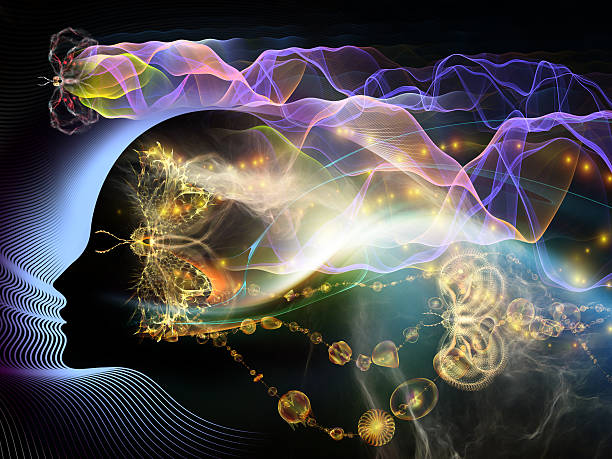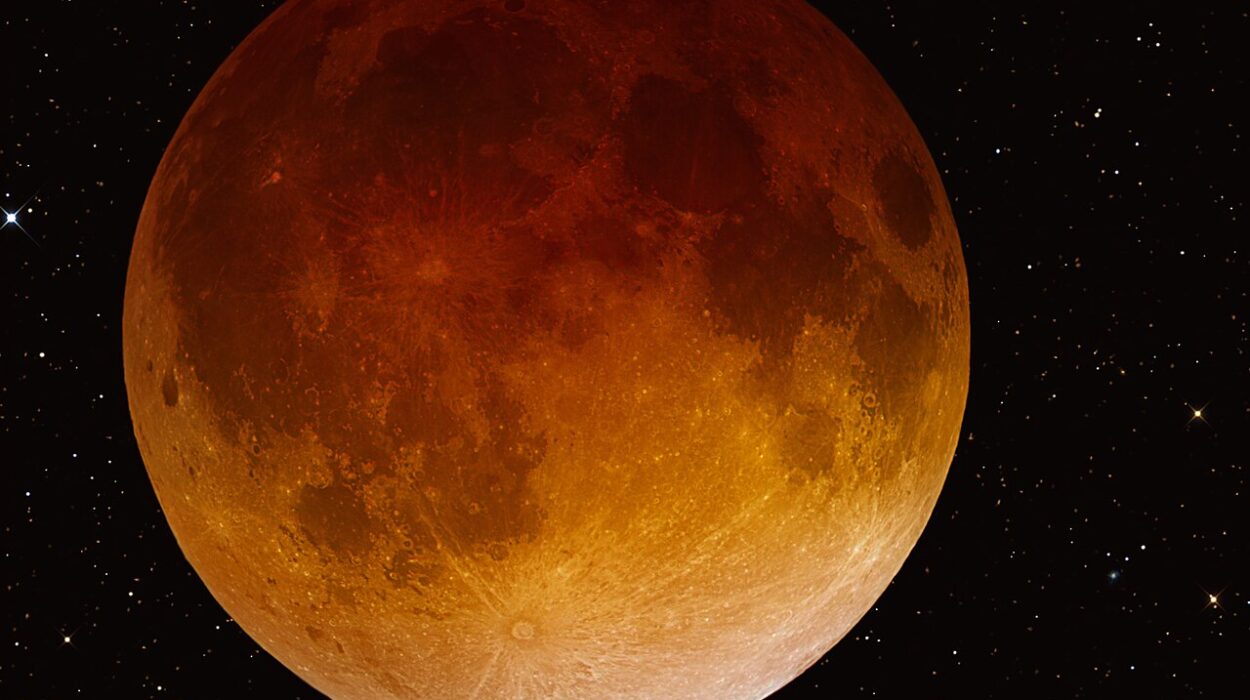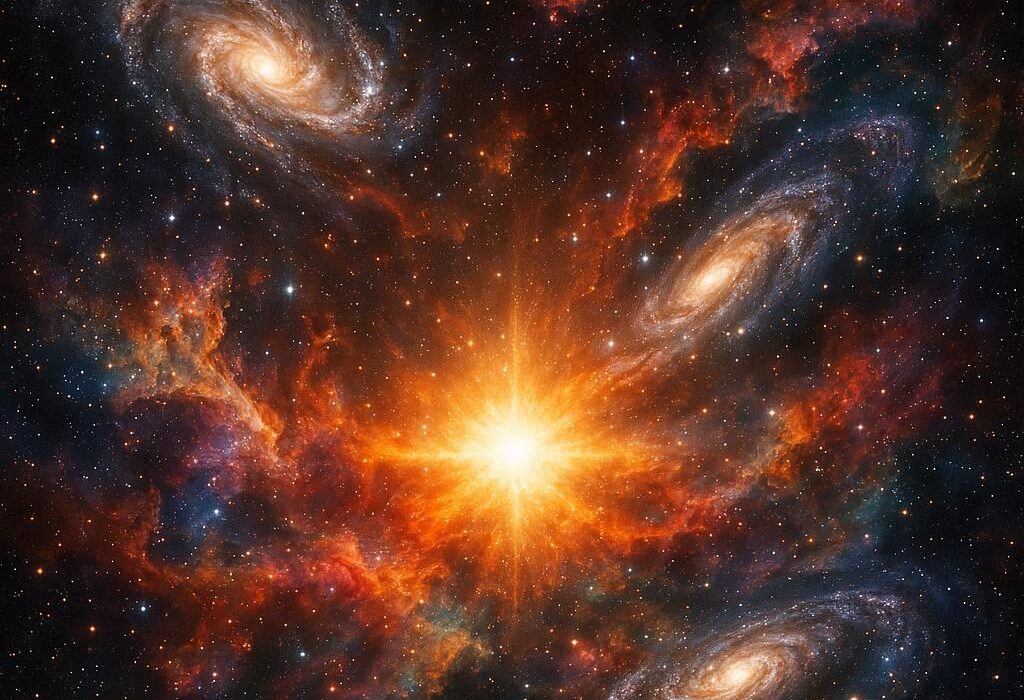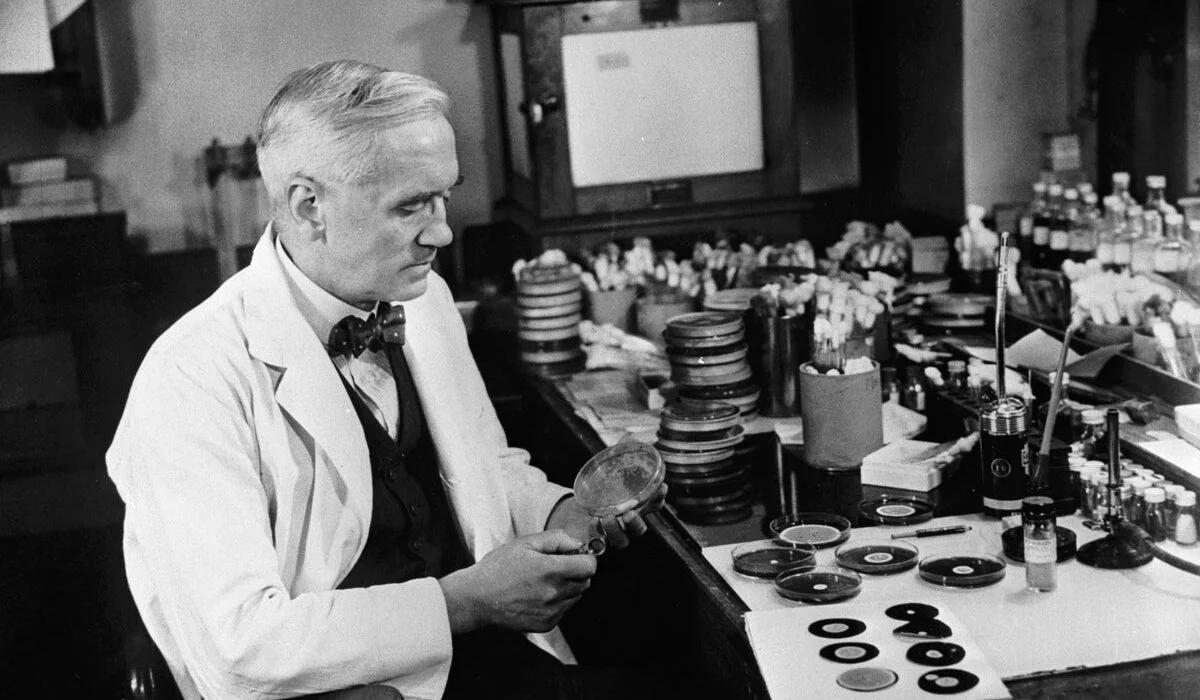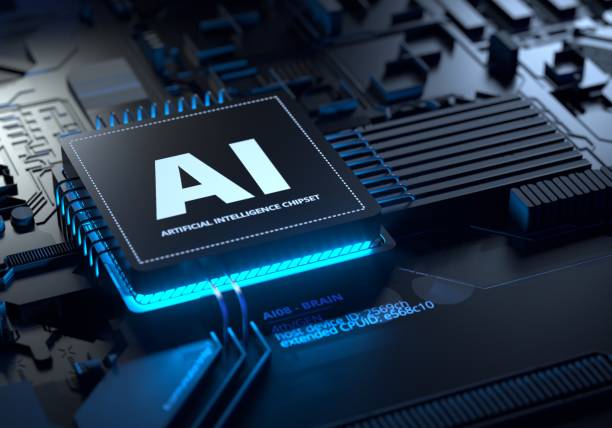Few questions stir both awe and unease as deeply as the one we face here: could consciousness exist without a brain? It is a question that straddles the border of science and philosophy, imagination and evidence, wonder and fear. Consciousness—our subjective awareness of the world and ourselves—is the most intimate experience we know. It is the voice inside our head, the feeling of love, the memory of childhood, the dream that lingers at dawn. Yet for all its familiarity, consciousness is also the greatest mystery.
For centuries, thinkers have struggled to understand it. Some argue it is nothing more than the product of neurons firing inside the skull. Others believe it may be something more—something that transcends biology and matter. But what if the brain, as miraculous as it is, is not the only stage where consciousness can play its symphony? Could awareness exist independently, beyond the flesh and blood of neural circuits?
This question is not simply academic; it goes to the heart of who we are, what happens after death, and whether the mind is bound forever to the fragile organ inside our heads. To ask if consciousness could exist without a brain is to confront one of the most profound puzzles in science and philosophy: what is the true nature of the self?
The Brain as the Seat of Awareness
Modern neuroscience begins with a simple assumption: consciousness arises from the brain. Billions of neurons, connected through trillions of synapses, generate electrical and chemical patterns that give rise to perception, thought, memory, and awareness. From this perspective, the mind is what the brain does. Damage a part of the brain, and specific aspects of consciousness vanish. Injure the hippocampus, and memories fade. Disturb the visual cortex, and perception falters. When anesthesia silences neural activity, consciousness disappears, returning only when brain activity is restored.
This tight correlation suggests that the brain is not just related to consciousness but necessary for it. For most scientists, the idea of consciousness without a brain seems impossible, like music without an instrument. The brain is seen as the piano; the mind is the melody. Without the keys, strings, and wood, how could the song exist?
Yet, the mystery deepens when we realize that no matter how carefully we study the brain, we cannot explain why its activity should give rise to subjective experience at all. Neurons may explain how information is processed, but why does it feel like something to be alive, to see red, to taste sweetness, to feel sorrow? This enigma, famously called “the hard problem of consciousness,” leaves open the possibility that our current understanding is incomplete—and that awareness may not be as tightly bound to the brain as we assume.
Ancient Visions of the Mind
Long before modern neuroscience, ancient traditions grappled with the question of whether consciousness was independent of the body. In Hindu philosophy, the concept of Atman refers to an eternal self, beyond the physical form, untouched by birth or death. Buddhism, while denying a permanent self, teaches that consciousness flows like a stream, continuing beyond the body through cycles of rebirth. In many Indigenous traditions, the soul is believed to live on after death, detached from the body that housed it.
These spiritual visions were not framed in terms of neurons or synapses, yet they touched upon a deep intuition: that consciousness might not be reducible to flesh alone. To the ancients, the brain was not seen as the master of awareness—it was often regarded as an organ among others, while the true essence of the mind belonged to a realm beyond.
Though modern science has moved far from these ideas, they continue to haunt us. They raise the possibility that our materialist assumptions may not capture the whole picture, and that the question of whether consciousness can exist without a brain deserves more than dismissal.
Out-of-Body Experiences and the Puzzle of Perception
Some of the most provocative hints that consciousness may not be strictly confined to the brain come from unusual human experiences. People who undergo near-death experiences often report leaving their bodies, observing events from above, or traveling through strange realms of light and presence. In cases where the brain is severely compromised or even clinically inactive, such experiences have been reported with striking clarity.
Skeptics argue that these are hallucinations caused by dying neurons, oxygen deprivation, or chemical surges in the brain. And indeed, neuroscience has shown that certain brain regions, when stimulated, can trigger sensations of floating outside the body. Yet, the vividness and coherence of these experiences continue to puzzle researchers. If the brain is barely functioning, how does such complex consciousness arise?
These reports do not prove that consciousness can exist independently of the brain, but they challenge the assumption that awareness is tightly tied to normal brain activity. They suggest that consciousness may have dimensions we do not yet understand, and that the relationship between brain and mind may be more fluid than we assume.
Artificial Intelligence and the Ghost in the Machine
Another frontier that challenges our understanding of consciousness lies not in the afterlife, but in technology. Artificial intelligence has grown to mimic aspects of human cognition—language, pattern recognition, problem-solving. Yet, despite its sophistication, we do not know whether machines could ever become conscious.
If consciousness is purely the product of information processing, then in theory, a machine might one day host awareness. If, however, consciousness requires the biological substrate of neurons, then no computer, no matter how advanced, will ever have a true inner life.
This debate forces us to ask: is the brain merely a biological computer, or is there something unique about living matter that generates awareness? And if the brain is only one possible medium, could consciousness exist in forms we have not yet imagined—patterns of information in silicon, plasma, or even in the fabric of the universe itself?
The Quantum Speculation
Among the more adventurous scientific theories is the idea that consciousness may be linked to quantum processes. Some researchers suggest that within the brain’s microtubules—tiny structural components of neurons—quantum phenomena may occur, potentially giving rise to awareness. If this is true, consciousness might not be entirely a byproduct of classical brain function but could be tied to the deeper fabric of reality.
Though controversial and far from proven, such ideas open the door to imagining consciousness as something that might not be confined to brains at all. If awareness is rooted in the quantum structure of the universe, then the brain may be more like a receiver or amplifier of consciousness rather than its origin. Just as a radio does not create the signal but tunes into it, perhaps the brain channels a field of awareness that exists beyond biology.
Consciousness in Simple Life and Beyond
The mystery of consciousness is also tied to the question of where it begins. Do only humans possess it? Do animals? What about simpler creatures, like insects, or even bacteria? If consciousness requires a brain as complex as ours, then it is rare indeed. But if it emerges in simpler forms of life, then perhaps awareness is more fundamental, woven into the very fabric of biological existence.
Some philosophers propose panpsychism—the idea that consciousness is a universal feature of matter, present even at the level of atoms and particles. In this view, the brain does not create consciousness but organizes it into complex forms. If panpsychism is true, then awareness exists everywhere, and brains are simply one way of focusing it.
This radical vision suggests that consciousness might not require a brain at all—it could exist in stars, rivers, or even the structure of space-time. Such ideas remain speculative, but they highlight the enormity of the question and the limits of our current knowledge.
Death, Survival, and the Human Longing
At the heart of the question of consciousness without a brain lies a deeply human concern: what happens when we die? If the brain is the sole source of awareness, then death is the end of consciousness—a final silence. But if consciousness can exist without the brain, then perhaps something of us endures.
This longing for continuity, for survival beyond the body, has shaped religions, philosophies, and myths across cultures. Yet, science approaches the question with caution. Evidence for survival is elusive, and most researchers maintain that consciousness ceases with the death of the brain. Still, the mystery remains unsolved, and the yearning for an answer drives both spiritual seekers and scientists alike.
The Limits of Knowledge
What makes the question of consciousness so haunting is that it resists easy answers. The tools of science—observation, measurement, experiment—struggle to capture the inner reality of awareness. Consciousness is both the subject and the object of study, both the light and what the light reveals.
Perhaps one day neuroscience will fully map the pathways of awareness and show conclusively that the brain alone gives rise to the mind. Or perhaps discoveries will point to dimensions of consciousness that cannot be reduced to neurons. For now, we live in the tension between what we know and what we cannot yet grasp.
The Wonder of the Question
To ask whether consciousness can exist without a brain is to stand at the edge of human understanding. It is to look into the abyss of the unknown and feel both fear and exhilaration. The question challenges not only our science but our sense of self, our notions of life and death, our understanding of what it means to be human.
Perhaps consciousness is forever bound to the brain, a fleeting spark of awareness that vanishes when neurons go dark. Or perhaps it is something greater, a presence that transcends flesh, a dimension of reality yet to be unveiled.
Whatever the truth, the search for answers is itself an act of consciousness, a testament to our capacity for wonder. To ask such questions is to honor the mystery of being alive.
Conclusion: The Unfinished Symphony of Awareness
Consciousness remains the deepest of enigmas. The brain explains much, but not everything. The possibility that awareness could exist without a brain challenges our assumptions, unsettles our science, and ignites our imagination.
Whether or not consciousness can survive beyond the brain, the very act of pondering it reveals the extraordinary nature of the mind. For consciousness is not only the subject of our inquiry—it is the very ground from which inquiry arises.
So could consciousness exist without a brain? The truth is, we do not yet know. But in seeking the answer, we are reminded of what makes us human: the relentless drive to understand, to wonder, and to look beyond the limits of what seems possible.
The question itself is the beginning of a journey—a journey not only into science and philosophy but into the very heart of existence.
